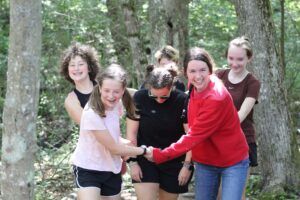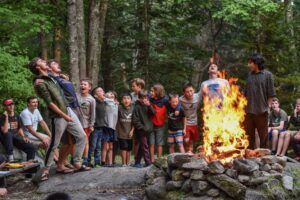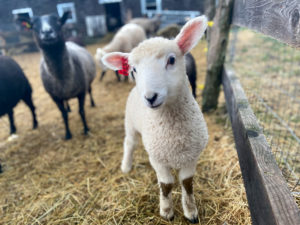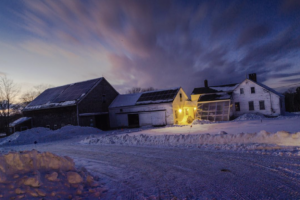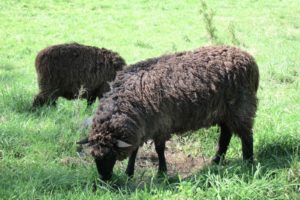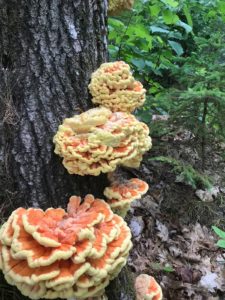 October 8, 2013 – Patience is a virtue in any context, but it’s simply a non-negotiable on the farm. We patiently wait for the first spring greens to grace our plates and for the frost in the fall that will make the storage carrots sweeter. We walk slowly behind the cows up from pasture and into the barn at morning milking (there’s no rushing Gertrude in the pre-dawn hours – that simply leads to more of her characteristic clumsiness). We thoroughly teach the details of our work to teenagers, anticipate but do not rush the perfect hay crop, and we diligently turn off our tendency to want to do more! now! faster! and just plain settle in to the truth that we really do sometimes have two more hours of weeding to do before the end of the day.
October 8, 2013 – Patience is a virtue in any context, but it’s simply a non-negotiable on the farm. We patiently wait for the first spring greens to grace our plates and for the frost in the fall that will make the storage carrots sweeter. We walk slowly behind the cows up from pasture and into the barn at morning milking (there’s no rushing Gertrude in the pre-dawn hours – that simply leads to more of her characteristic clumsiness). We thoroughly teach the details of our work to teenagers, anticipate but do not rush the perfect hay crop, and we diligently turn off our tendency to want to do more! now! faster! and just plain settle in to the truth that we really do sometimes have two more hours of weeding to do before the end of the day.
This week is proving to be a time of action after many months of patience. One and a half years after applying for a grant from the Natural Resources Conservation Service in the Department of Agriculture, we are finally – at long last! – constructing our new high tunnel, the culmination of many hours of paperwork, research, planning, ordering, and site prep. A high tunnel – also known as a hoophouse – is a plastic-enclosed structure used for season extension. This 30-by-72-foot structure will allow us to grow greens (kale! mustards! salad mix!) early in the spring and late into the fall. And in the heart of the summer, our high tunnel will be home to those plants that thrive in a more tropical climate than ours here in Maine. Indulge, will you, in imagining the high tunnel next August: tomatoes, melons, peppers, and tomatillos will abound inside.
And what does that mean for the Chewonki community? More farm hot sauce (see this recent blog post about this year’s batch) and tomato sauce, a warm place to sit or work on an early spring day, and kale to eat almost all winter long.
A huge thanks goes out to the folks at the NRCS for their support of this project, to Jamie Kane of the Maintenance crew who is heading up construction, and to Jeremy Tardif, former Assistant Farm Manager, who applied for the grant last year that will cover much of the cost of the project. Come visit (especially during tomato season next year): we’d love to share our bounty with you!

